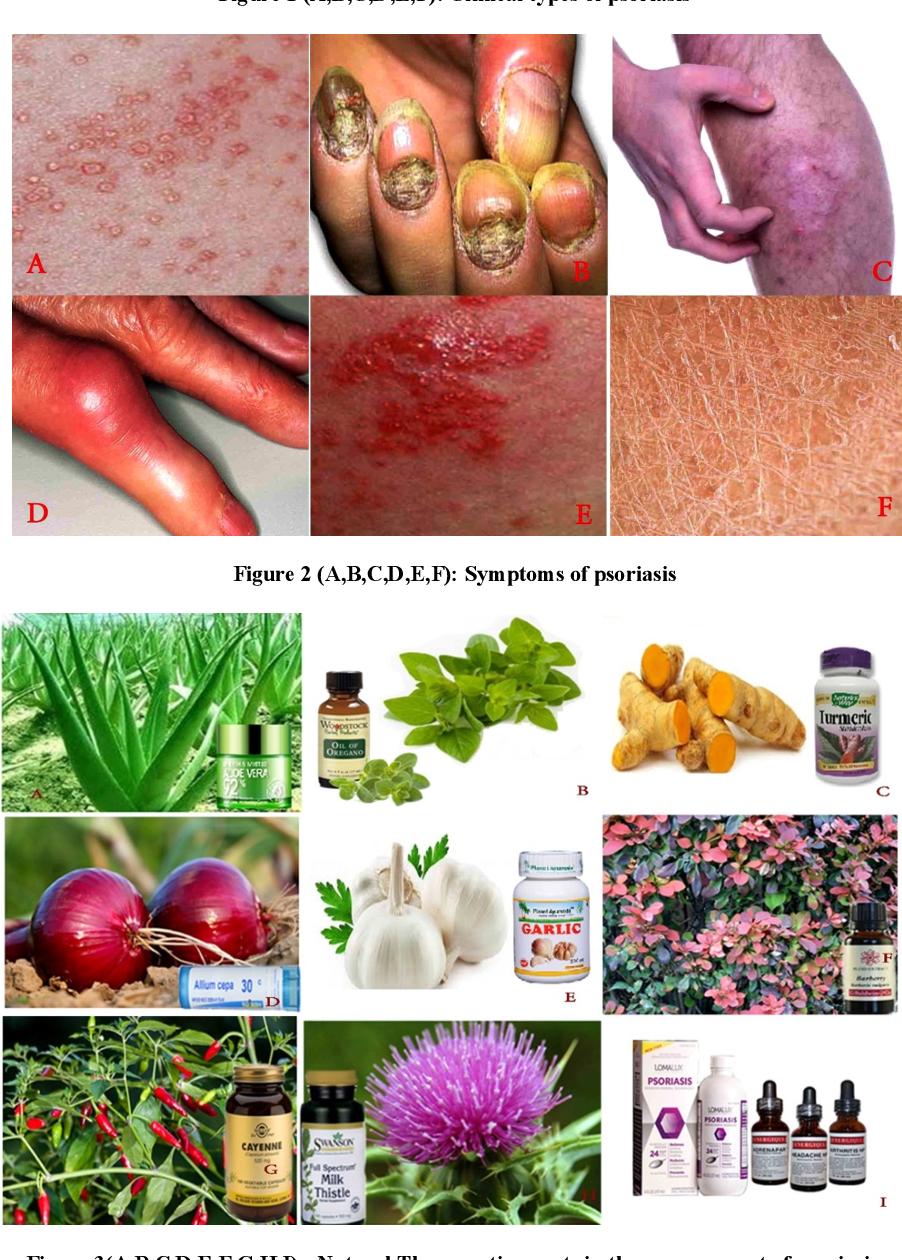In addition to oral and injectable drugs, other options include topical creams, phototherapy, and others.
Treatment options for psoriasis rely on the patient's response to medical and self-care treatments like natural lotions for psoriasis as well as the condition's severity. To gain relief, it may be necessary to attempt multiple drugs or medicines. In most cases, the illness returns despite treatment.
https://images.app.goo.gl/DgJTG8Uq4rc9HVnx5
Topical Therapy
Corticosteroids
These drugs are used to treat the majority of people living with psoriasis. We provide an extensive selection of oils, creams, lotions, gels, foams, sprays, and shampoos. Dermatologists prescribe a moderate corticosteroid ointment on the face and other delicate areas (hydrocortisone). During flares, topical corticosteroids may be administered daily, whereas, during remission, they may be applied on alternating days or weekends.
Vitamin D that has been synthesized
It has been demonstrated that calcipotriene (Dovonex, Sorilux) and calcitriol (Vectical) can inhibit the formation of new skin cells. This therapy method is effective when paired with corticosteroids, but it can also be taken alone. Calcitriol is excellent for soothing skin irritation.
Retinoids
It is possible to get tazarotene in gel or cream form (Tazorac, Avage). Utilization on a routine basis. Those affected frequently experience skin discomfort and photosensitivity. Pregnancy, breastfeeding, and attempts at conception are contraindications for tazarotene use.
Anti-calcineurin
Providing relief from itching and scaling, calcineurin inhibitors are a practical therapy choice. Retinoids and steroid creams can irritate and harm the sensitive skin around your eyes. Calcineurin inhibitors should not be taken by pregnant, nursing, or trying-to-conceive women. This medicine may raise the chance of developing skin cancer and lymphoma with continued use.
Salicylic acid
Shampoos and other products containing salicylic acid can be used to minimize scaling and psoriasis spreading. They are either non-prescription or prescription. This substance increases the scalp's absorption of drugs and can be used alone or in conjunction with other topical treatments.
Coal
Coal tar reduces flaking and soothes itching and irritation. There are both OTC and prescription solutions available. It is utilized in shampoo, lotion, and oil. As a result, using these things can irritate the skin. They stink, leave stains, and are an inconvenience to clean up. Women who are pregnant or nursing should not use coal tar.
Anthralin
Anthralin slows the proliferation of skin cells. Scratches and dry skin are eliminated, leaving the silky skin smooth. Avoid commenting sexually on the head or privates. In addition to coloring most surfaces, anthralin irritates the skin. It is applied briefly before being withdrawn.
https://www.istockphoto.com/photo/psoriasis-gm1332675330-415451377
Use of light therapy
Light therapy is the first therapeutic option for moderate-to-severe psoriasis, whether paired with medicine or used alone. Contacting one's skin directly with light (whether from the sun or an artificial source). Repetition must be consistent. Discuss light treatment in the comfort of your own home with your physician.
●Sunlight- Patients with psoriasis may benefit from heliotherapy. Consult your physician regarding the optimal method of treating your psoriasis with sunlight.
●Goeckerman's therapy- Goeckerman therapy combines light and coal tar. Exposure to coal tar increases the likelihood of sunburn.
●UVB-broadband- UVB broadband light from an artificial light source helps treat isolated psoriasis lesions, extensive psoriasis, and psoriasis that has not responded to topical treatment. Possible short-term side effects include red, itchy, and dry skin. A narrowband of UVB-based light therapy may be more helpful. No longer do we utilize broadband therapy. Use it twice or three times each week until your skin has improved, and then less frequently for maintenance. Narrowband UVB phototherapy has the potential to cause intense adverse effects.
●Psoralen+UVA (PUVA) (PUVA)-The patient is administered a drug (psoralen) that increases their light sensitivity and is subsequently exposed to UVA light. Psoralen increases the skin's susceptibility to UVA light, penetrating the body more deeply than UVB. Even in severe psoriasis, this treatment plan can improve the skin. You may have nausea, a headache, or some burning or itching. Possible long-term consequences include dryness, wrinkles, freckling, UV sensitivity, and various types of skin cancer, such as melanoma.
Drugs administered orally or intravenously
If you have moderate to severe psoriasis, your physician may recommend systemic therapy, such as pills or injections. Due to their potentially catastrophic side effects, a few of these medications are only prescribed for brief durations.
●Steroids- Your doctor may inject triamcinolone into small, persistent psoriasis spots.
●Retinoids- Acitretin and other retinoids impede the development of new skin cells. There is a chance of experiencing dry skin and painful muscles. These drugs should not be taken by pregnant women, breastfeeding, or trying to conceive at any stage.
●Biologics-These medications, which are typically taken intravenously, affect the immune system and reduce symptoms and signs of illness within weeks. Several of these medications are approved for people with moderate to severe psoriasis who did not respond to the first treatment. Alternatives include otezla, etanercept, infliximab, adalimumab, ustekinumab, secukinumab, ixekizumab, Tremfya, Ilumya, and certolizumab (Cimzia). Etanercept, ixekizumab, and ustekinumab may all be administered to youngsters.
●Methotrexate-Methotrexate (Trexall) slows new skin cell formation and reduces inflammation. Both adalimumab and infliximab outperform the standard of care. Nausea, appetite loss, and weariness are potential adverse effects. Blood and liver function must be checked in long-term methotrexate usage. Three months is the suggested duration between stopping methotrexate and attempting to conceive. While nursing, these ladies should not use this drug.




















 sunrise
StableDiffusion
sunrise
StableDiffusion
 bonfire friends
StableDiffusion
bonfire friends
StableDiffusion
 sadness
StableDiffusion
sadness
StableDiffusion

 purple skies
StableDiffusion
purple skies
StableDiffusion

 true love
StableDiffusion
true love
StableDiffusion
 My Cheerleader
StableDiffusion
My Cheerleader
StableDiffusion
 womans transformation to happiness and love
StableDiffusion
womans transformation to happiness and love
StableDiffusion
 future life together of adventures
StableDiffusion
future life together of adventures
StableDiffusion





















